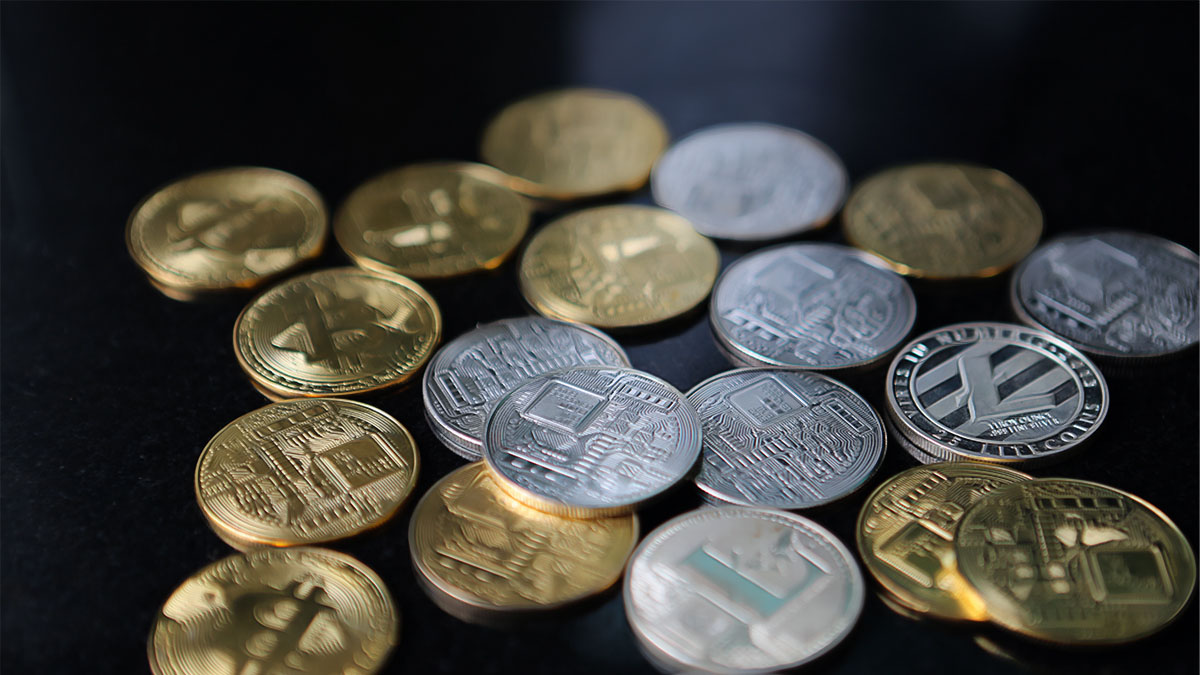Aave, a multi-chain DeFi lending and borrowing protocol, is preparing to integrate PayPal’s stablecoin PYUSD, issued by Paxos Trust Company, into its ecosystem. The ongoing governance vote shows overwhelming support from the Aave community, with 99.98% of AAVE token holders favoring PYUSD’s integration into Aave’s Ethereum-based liquidity pool. This follows decentralized exchange Curve’s decision to host PYUSD in December.
PYUSD, a stablecoin pegged to the US dollar, was launched in August 2023 and currently has a market value of $289 million, representing 0.3% of the market leader Tether’s (USDT) $94 billion. Aave facilitates decentralized lending and borrowing without intermediaries and is the third-largest DeFi protocol with a total value locked (TVL) of approximately $5 billion, according to DappRadar.
The proposal by Trident Digital, presented on December 18th, suggests that integrating PYUSD into Aave will create synergy with PayPal’s stablecoin and strengthen the relationship between PYUSD and Aave’s decentralized multi-collateral stablecoin GHO. Trident has committed to contributing $5 to $10 million in liquidity for PYUSD on Aave from day one, supporting the PYUSD/USDC liquidity pool on Curve.
The vote, which is a temperature check for the community’s sentiment, is set to conclude today. The integration of PYUSD is expected to enhance Aave’s offerings and potentially attract more users to the protocol by leveraging the reputation and user base of PayPal.
The successful integration of PYUSD would mark a significant collaboration between traditional financial services and decentralized finance, potentially leading to increased adoption and trust in DeFi platforms.












